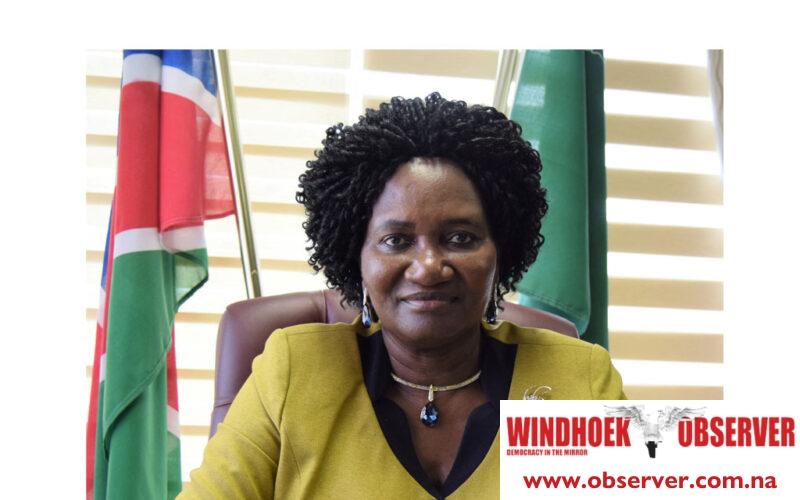Niël Terblanché
The Namibian Students Financial Assistance Fund’s (NSFAF) funding policy is under review to address the financial challenges faced by students whose parents’ income previously disqualified them from receiving aid.
This policy review is aimed at providing relief to families who, despite having a combined income of N$500,000 per year, struggle to support more than three students in tertiary institutions.
Minister of Higher Education, Technology, and Innovation, Itah Kandjii-Murangi, was responding to questions from Rally for Democracy and Progress (RDP) member of parliament Kennedy Shekupakela in parliament last week.
Shekupakela highlighted the unrealistic assumption that parents earning above the threshold can afford all educational costs, urging the ministry to revisit the policy.
Dr. Kandjii-Murangi acknowledged these concerns and confirmed that the policy review would be implemented next year.
She added that the new multi-layered funding model will cater to students from middle-income families, providing partial funding options to cover either tuition or non-tuition expenses.
The minister recognised that some students have dropped out of higher learning institutions due to the financial burden of tuition fees, accommodation, transport, and meals.
“The revised policy will aim to prevent such dropouts by offering more inclusive support,” she said.
Kandjii-Murangi stressed the government’s commitment to equity and inclusivity in education funding.
She noted that the government has increased the NSFAF allocation from N$1.6 billion in 2023 to N$2.4 billion for the current financial year, reflecting a 50% budget increase.
The NSFAF has historically struggled with fund sustainability due to poor repayment rates from past beneficiaries and increasing demand for financial assistance.
To address this, the minister highlighted the importance of an efficient recovery process, noting that recent improvements have led to recoveries exceeding N$17 million this year.
According to Kandjii-Murangi, the ministry’s review of the NSFAF funding policy reflects a broader commitment to improving education financing and ensuring that all eligible students, regardless of their economic background, have access to higher education.
“This initiative supports Namibia’s goal of achieving sustainable development through a well-educated and skilled workforce,” she said.
In the recent past, the NSFAF’s Company Secretary, Fillemon Immanuel, stressed the need for business leaders and employers to encourage former beneficiaries to repay their loans, thus contributing to the fund’s sustainability.
He also reiterated that funding should prioritise studies in emerging sectors like information technology and telecommunication, aligning with Namibia’s industrialization goals.




